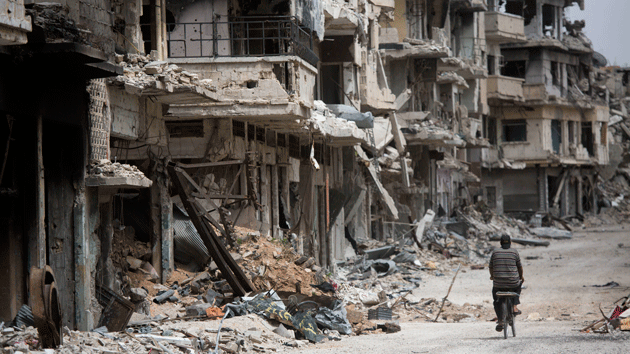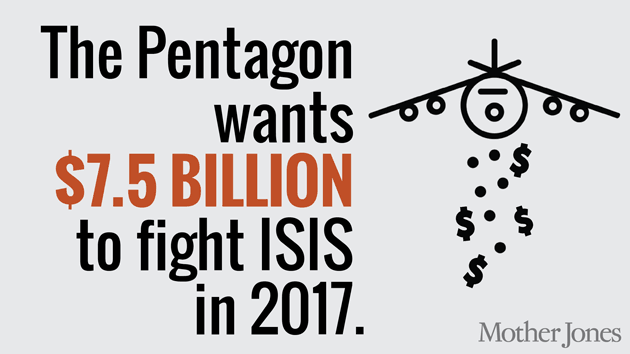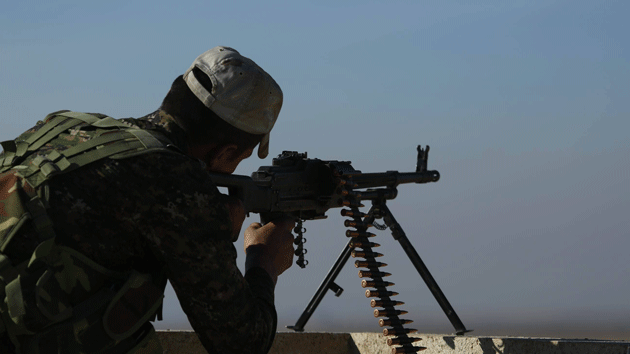
Ljupco Smokovski/Shutterstock
When the Syrian cease-fire brokered by the United States and Russia went into effect on last Saturday, the State Department set up a hotline for Syrians to call in and report any violations they witnessed. One problem: The people who staff the hotline appear to not speak fluent Arabic.
The nonprofit media organization Syria Direct called the hotline to detail cease-fire violations in cities across Syria. But the person on the other end of the line could not understand them:
“I called at 12:45am Saturday morning, just 45 minutes into the ceasefire,” says Syria Direct reporter Wilcox.
“I didn’t expect an American to answer; he answered in English but switched to Arabic. I started telling him in Arabic about reports we were getting from Homs province of specific ceasefire violations.”
The person monitoring the hotline only asked where the incidents were happening.
“He’s really struggling and can’t understand me,” says Wilcox. “I’m like, why is this American guy on the phone who can’t speak Arabic? I’d give a detailed account of something happening in Homs province and he would listen and his answer was: ‘Homs.’ That’s it.”
Two days earlier, the US Special Envoy for Syria issued a statement saying that its team takes all reports of violations seriously and will follow up on each one. Syria Direct says that at least one of the activists it interviewed has given up trying to report violations due to the communication difficulties.
Meanwhile, the Washington Post writes that the hotlines are recording “a near-constant flow of accusations, ranging from reports of small-arms fire to shelling and airstrikes.” Yet on Tuesday, State Department spokesman John Kirby said “over the last 24 hours we’ve not been apprised of any claims of any additional violations of any significance.” Salim a-Rihal, a Syrian from north Homs, told Syria Direct, “America has no idea what’s happening on the ground in Syria.”
















